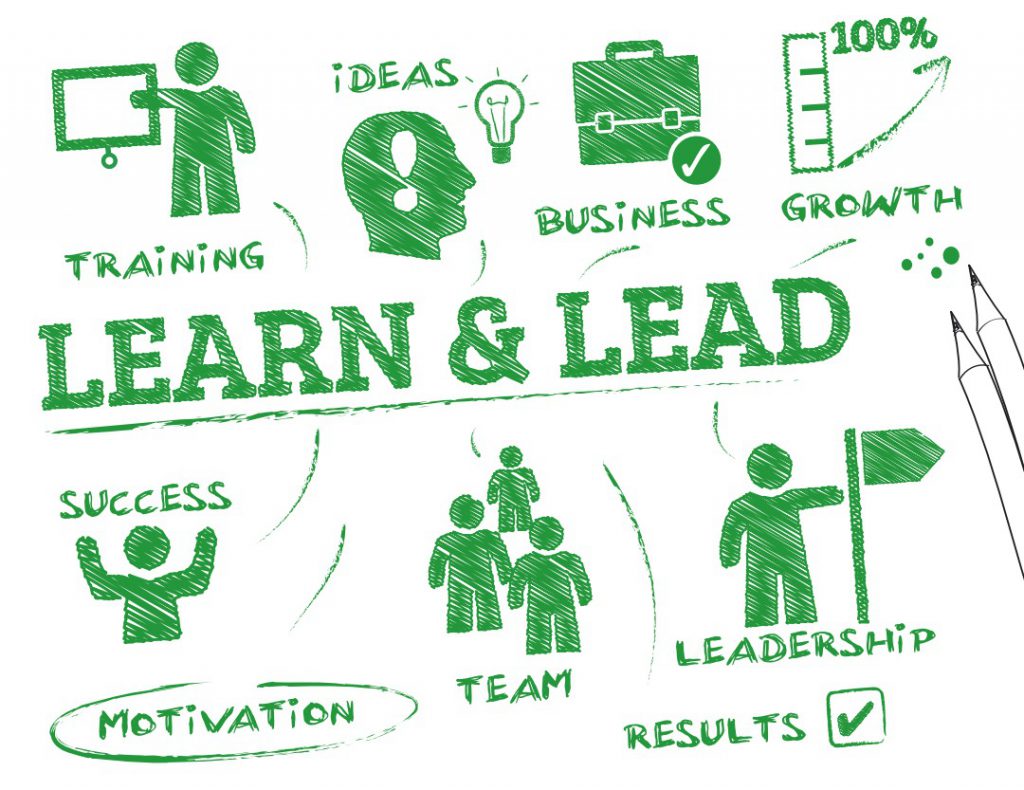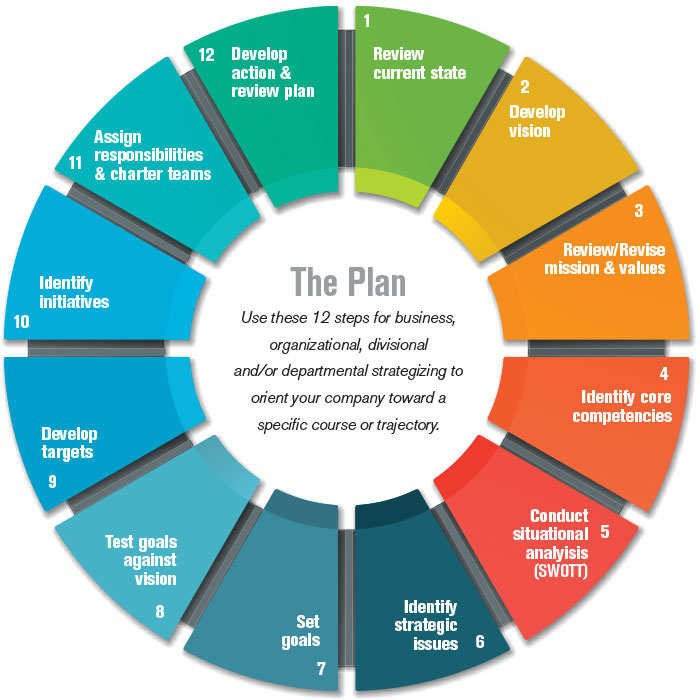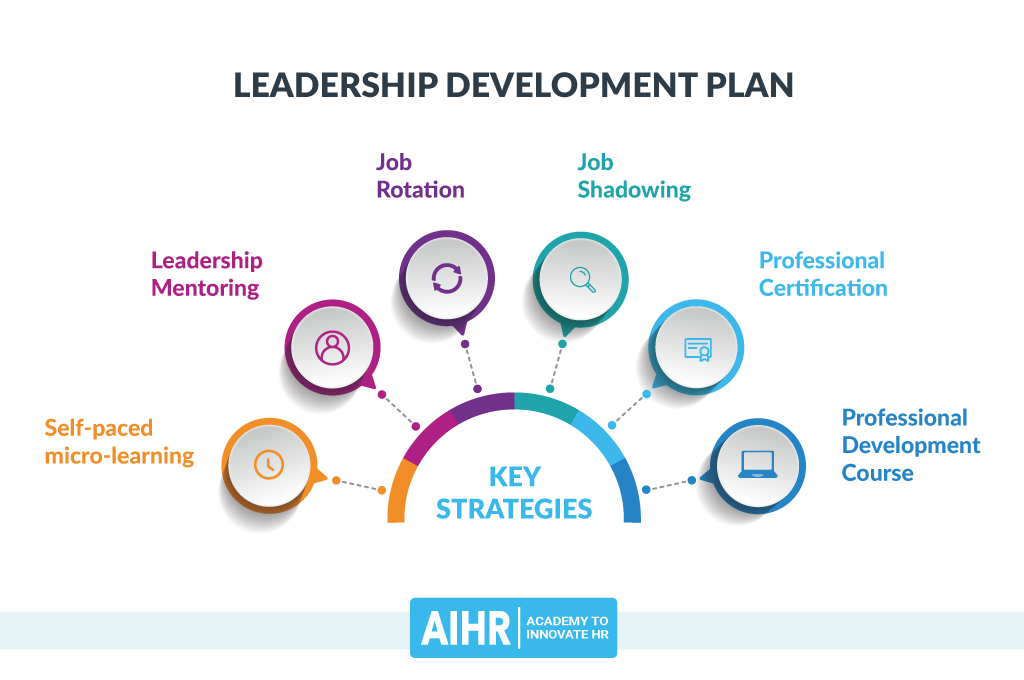Effective Leadership Styles
Effective leadership styles set the stage for success and growth, guiding individuals and teams towards greatness through a blend of inspiration and guidance. Explore the world of leadership with us as we delve into various styles and qualities that define exceptional leaders.
From understanding different leadership approaches to honing essential skills, this journey promises to enlighten and empower you in your own leadership endeavors.
Types of Leadership Styles
Leadership styles play a crucial role in shaping the culture and productivity of a team or organization. There are several types of leadership styles, each with its unique characteristics and approaches.
Autocratic Leadership Style
- Autocratic leaders make decisions without consulting their team members.
- They provide clear instructions and closely supervise the work of their subordinates.
- Examples include military leaders and dictators.
Democratic Leadership Style
- Democratic leaders involve their team members in the decision-making process.
- They encourage open communication and collaboration within the team.
- This style promotes creativity and innovation among team members.
Laissez-Faire Leadership Style
- Laissez-faire leaders give their team members a high degree of autonomy and independence.
- They provide guidance when needed but allow individuals to make their own decisions.
- This style is effective in highly skilled and self-motivated teams.
Transformational Leadership Style
- Transformational leaders inspire and motivate their team members to achieve a common vision.
- They encourage personal growth and development among their followers.
- This style is often associated with charismatic leaders who can rally people around a cause.
Transactional Leadership Style, Effective leadership styles
- Transactional leaders focus on setting clear goals and providing rewards for achieving them.
- They establish a system of rewards and consequences to motivate their team members.
- This style is more focused on maintaining the status quo rather than driving change.
Situational Leadership Style
- Situational leaders adapt their leadership style based on the specific needs of the situation.
- They may use a mix of different styles depending on the circumstances and the capabilities of their team members.
- This approach allows leaders to be flexible and responsive to changing dynamics within the team.
Qualities of Effective Leaders
Effective leaders possess a unique set of qualities that set them apart and enable them to guide their teams towards success. These qualities are essential for fostering a positive work environment and achieving organizational goals.
Empathy in Leadership
Empathy is a crucial quality that effective leaders demonstrate in their leadership style. By understanding and sharing the feelings of others, leaders can build strong relationships with their team members. For example, a leader who shows empathy towards a team member going through a difficult time and offers support and understanding can enhance trust and loyalty within the team.
Importance of Communication Skills
Communication skills are vital for effective leadership as they facilitate clear and transparent information flow within the team. Effective leaders are proficient communicators who listen actively, provide feedback, and ensure that everyone is on the same page. By fostering open communication, leaders can inspire trust, resolve conflicts, and boost team morale.
Adaptability in Leadership
Adaptability plays a crucial role in effective leadership, especially in today’s fast-paced and ever-changing business environment. Leaders who are adaptable can quickly respond to challenges, embrace change, and adjust their strategies to meet evolving demands. By being flexible and open-minded, leaders can steer their teams towards success even in the face of uncertainty.
Impact of Leadership Styles on Teams

Effective leadership styles play a crucial role in shaping team dynamics and overall productivity. Different leadership styles can have varying impacts on team members, influencing their motivation, morale, and ability to collaborate effectively.
Democratic Leadership Empowerment
Democratic leadership style involves actively involving team members in decision-making processes, seeking their input and feedback. This approach empowers team members by making them feel valued and heard. For example, a team leader practicing democratic leadership may hold regular brainstorming sessions where team members can contribute ideas and suggestions. This not only fosters a sense of ownership among team members but also encourages creativity and innovation.
Effects of Autocratic Leadership
On the other hand, autocratic leadership is characterized by centralized decision-making, where the leader holds most of the power and control. This style can have negative effects on team motivation and morale, as team members may feel disengaged and undervalued. For instance, in an autocratic leadership setting, team members may feel demotivated to share their ideas or take initiative, leading to a lack of enthusiasm and creativity within the team.
Transformational Leadership for Innovation
Transformational leadership focuses on inspiring and motivating team members to achieve their full potential. Leaders practicing this style often set high expectations, provide support and encouragement, and foster a culture of continuous growth and learning. This approach can inspire innovation and creativity within a team, as team members are encouraged to think outside the box and explore new ideas. For example, a transformational leader may challenge team members to push their boundaries and embrace change, leading to breakthrough innovations and solutions.
Developing Effective Leadership Skills: Effective Leadership Styles
Effective leadership skills are crucial for guiding teams towards success. To develop these skills, leaders need to focus on personal growth, emotional intelligence, building trust, and continuous learning.
Enhancing Emotional Intelligence
Emotional intelligence plays a significant role in effective leadership. Leaders can enhance their emotional intelligence by practicing self-awareness, self-regulation, empathy, and social skills. By understanding and managing their emotions, leaders can better connect with their team members and make sound decisions.
Building Trust and Rapport
Building trust and rapport with team members is essential for effective leadership. Leaders can achieve this by being transparent, consistent, and reliable in their actions. Active listening, providing feedback, and showing genuine care for team members can help in fostering trust and strong relationships within the team.
Continuous Learning and Growth
Continuous learning is key to effective leadership. Leaders should seek opportunities to expand their knowledge, skills, and perspectives. Engaging in leadership development programs, seeking mentorship, and staying updated with industry trends can help leaders adapt to changing environments and lead their teams towards success.
FAQ Overview
How do different leadership styles impact team dynamics?
Each leadership style influences team dynamics differently. For example, a democratic style empowers team members by involving them in decision-making, while an autocratic style may stifle creativity.
What qualities are essential for effective leaders?
Effective leaders possess qualities such as empathy, communication skills, adaptability, and the ability to inspire and motivate others towards a common goal.
How can one develop effective leadership skills?
Developing effective leadership skills requires continuous learning, practicing emotional intelligence, building trust with team members, and staying adaptable to different situations.






